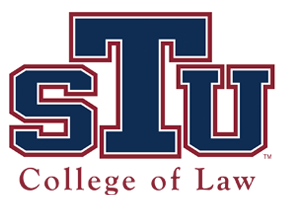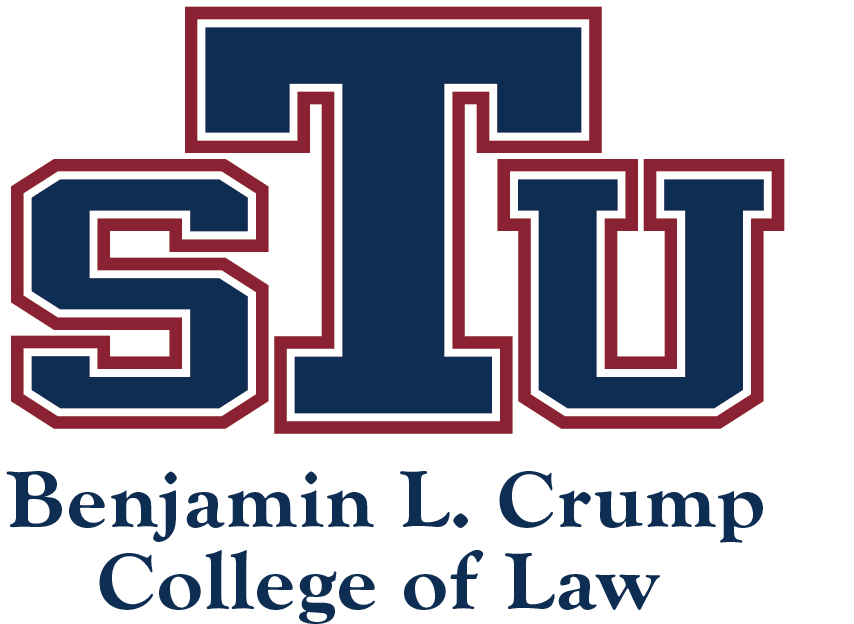Introduction to the Assessment of Learning Outcomes
The faculty of St. Thomas University College of Law prepares students to enter and succeed in the legal profession. In our increasingly complex and changing society, our law school maintains a a firm commitment to the principles of civility, ethics and professional responsibility, and recognizes our personal obligation to lead and to serve the communities in which we live and practice.
Learning outcomes are the lawyering skills that students are expected to obtain through the completion of a legal education. Consistent with ABA Standards, upon completion of a J.D. degree, graduates of St. Thomas University College of Law will demonstrate mastery of the College of Law’s student learning outcomes at the level needed for admission to the bar and effective and ethical participation in the legal profession as entry-level attorneys. The curriculum at St. Thomas University College of Law prepares students with the key skills and competencies needed to demonstrate these learning outcomes within the legal profession.
Our learning outcomes reflect considerable thought, time, and attention by the faculty of St. Thomas University College of Law. They include seven outcomes, summarized as: (1) knowledge and understanding of the law and the American Legal System; (2) competency in legal analysis, analysis, and problem-solving; (3) competency in legal research and writing; (4) communication with civility; (5) competency in legal practice skills; (6) exercise of proper professional responsibility and ethics; (7) awareness of moral and ethical responsibility to society. The performance criteria track each of the learning outcomes and provide specific evidence that a student will have demonstrated competency with each learning outcomes before conferral of a degree.
While satisfying the ABA’s competencies, these learning outcomes also reflect our mission as a law school to foster a public order of human dignity, to train lawyers sensitive to the needs of the region’s underrepresented communities, and to expand access to professional opportunities, which includes active partnerships with business, government and the South Florida Community.
Process
The Dean charged the Strategic Planning Committee with determining the College of Law’s compliance with the ABA Standards. This faculty committee met over the course of two years in to review the ABA standards and to draft learning outcomes that would be measurable as well as unique to St. Thomas University College of Law. Input was solicited from the faculty during faculty meetings held in the fall of 2017. On August 26, 2017, the faculty adopted, with revisions, the College of Law’s learning outcomes.

